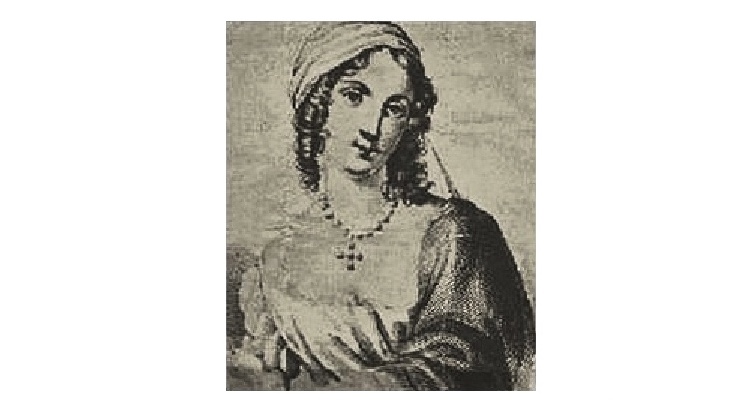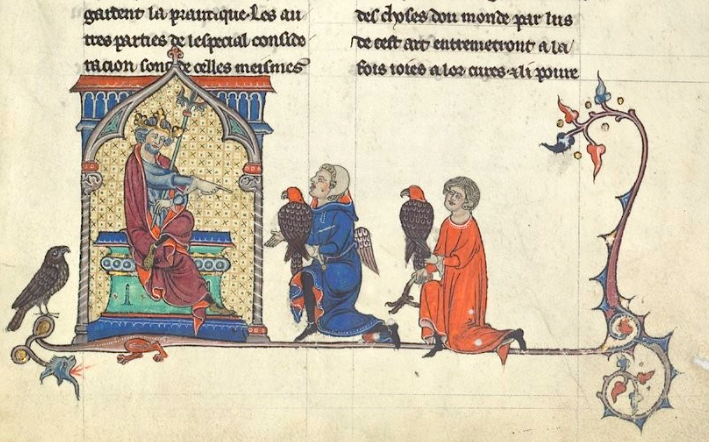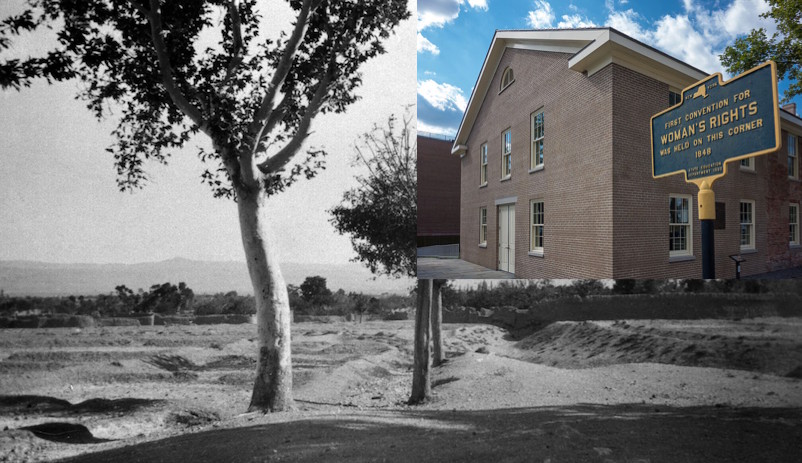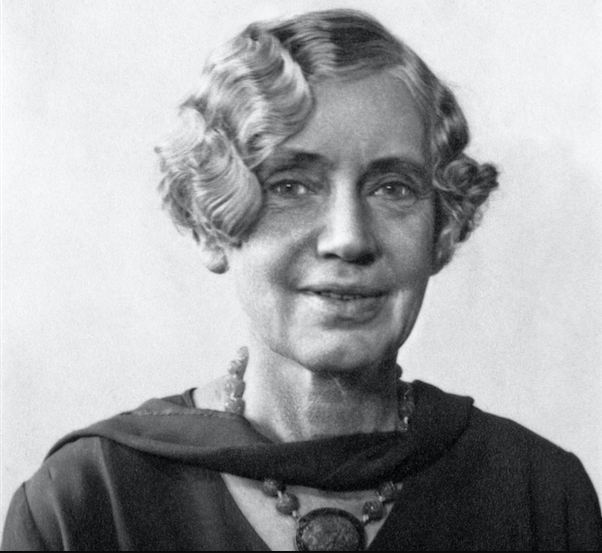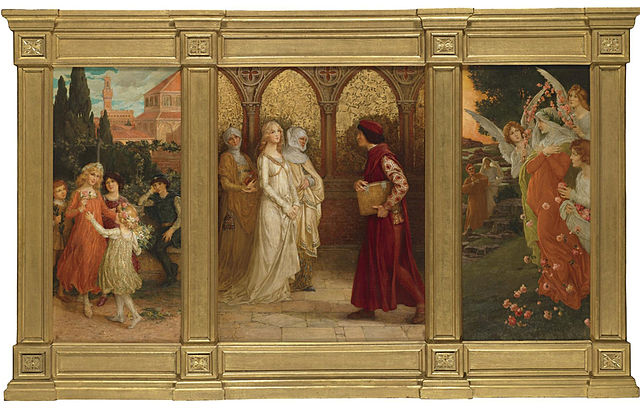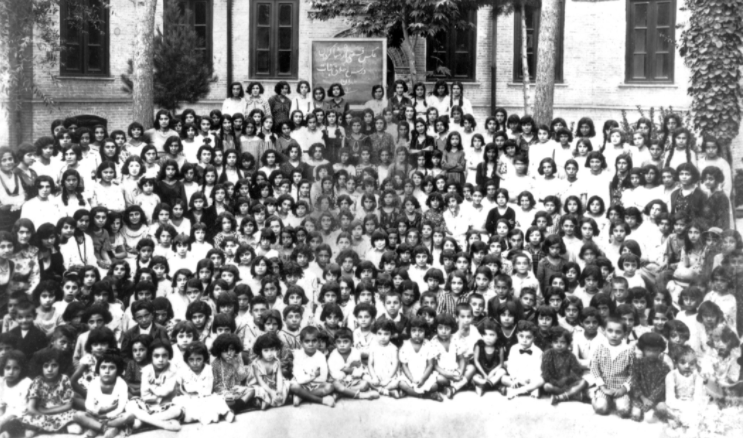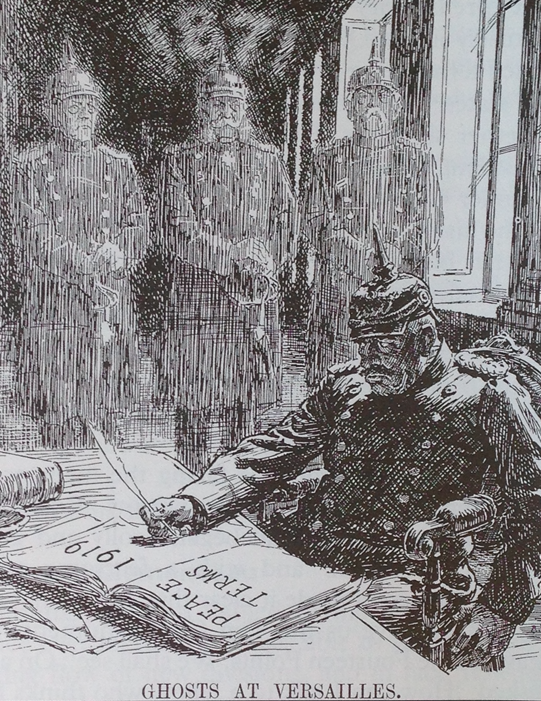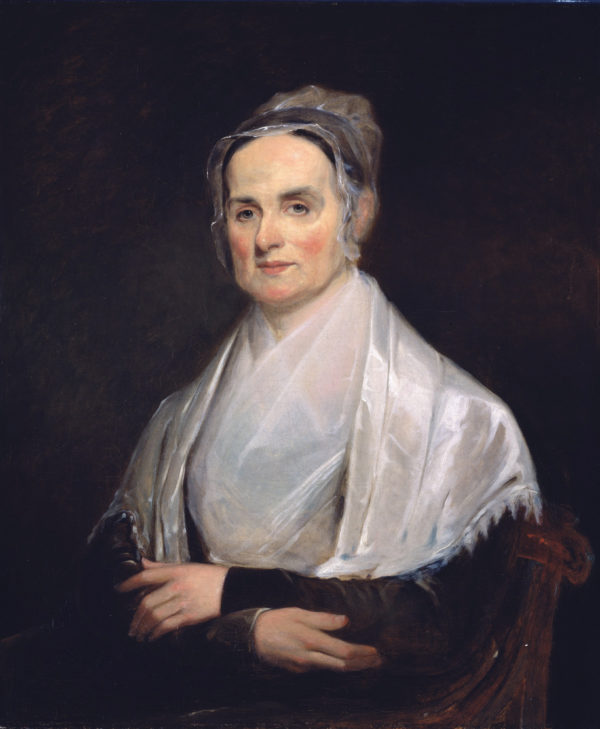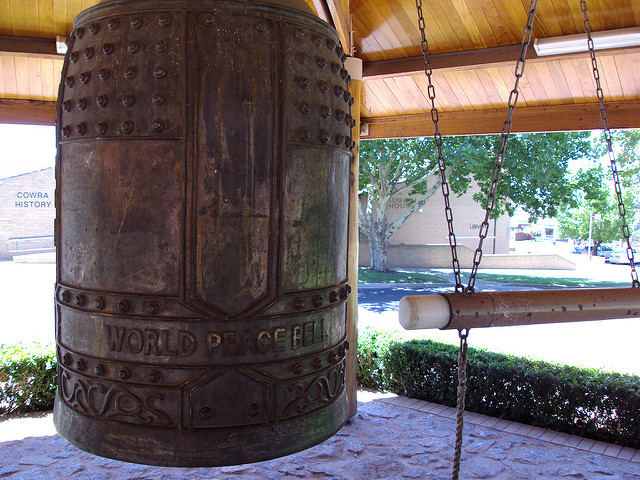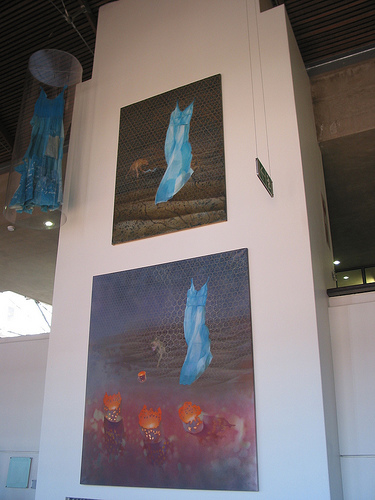gender equality
The struggle for gender equality and particularly the emancipation of women is one of the most insiprational movements for human equality. Women continue to struggle for equality. Women and children are disproportionally represented among the poor and the excluded.
-
Isabella’s Castle Prison and Her Poetic Escape
Isabella di Morra looked out from a height. Below, in a deep chasm, flowed a river. Her river, the Sinni. Isabella turned her eyes to the sea, searching the horizon for a ship. It was the ship that would carry her free from her prison, her own family’s castle. D'un alto monte, onde si scorge il mare,miro sovente io, tua figlia Isabella,s'alcun legno spalmato in quello appare,che di te, padre, e mi doni novella, ...From a high mountain, where sea is seen,Often I gaze, Isabella, your daughter,For the gleam of any glistening beam,Which of you, father, brings news across water ...Ch’io non veggo nel mar remo né vela (così deserto…
-
Laura Terracina: For Who is Enemy to Woman
“How dare you raise hand, against so young and beautiful a vision?” With such words does Laura Terracina (1519 – 1577) defend her sex. Born in Naples, she was the most published poet of Italy’s sixteenth century and a feminist before the word “femminista” existed. She was part of a movement of italian Renaissance women writers whose existence is often overlooked in the historical record. So much were women absent from tellings of the Renaissance and so mixed their lived experience, that it caused Joan Kelly to famously ask “Did women have a Renaissance?” While the answer is complex, the Renaissance saw for the first time in Europe, substantial publication…
-
Dante’s New Love Life: the Vita Nuova
The love poets of Dante’s day told everyone they were in love: but always kept the name of their beloved secret. Dante however, names Beatrice as his love. In telling us of her, he has made her immortal. Gemma di Manetto Donati, Dante’s actual wife, he never once mentions and she is virtually unknown. Before we jump to conclusions about what this might mean let us learn more about Dante’s love life. Vita Nuova Dante’s Vita Nuova (“New Life”), which is Dante’s best known work as an early poet, is all about “love”. Dante recounts for us a love story and he is the lover and Beatrice the beloved. Some…
-
Martha Root — An Astonishing Life
Today I am at a Baha’i meeting, and I want to say thank you for the blessing of having such times in my life. To each and every soul who helps to make so many of those gatherings a veritable corner of paradise — thank you. This morning we are reflecting on the life of Martha Root, a woman whose life was inspired and transformed by Bahá’u’lláh. We will be reading about her life as introduced on the website bahaiteachings.org. I hope you can join us in spirit and read along. In one of his earlier works, the Hidden Words, Bahá’u’lláh observes that “words are the property of all alike” and that “guidance hath ever been given…
-
Women and Men Have Been and Will Always Be Equal
“Women and men have been and will always be equal in the sight of God.”[1] With these words, Bahá’u’lláh challenges the age old oppression of women. Thus, the following concept applies as much in respect of gender equality as elsewhere: Know ye not why We created you all from the same dust? That no one should exalt himself over the other.[2] The general assertion of gender equality is addressed by Bahá’u’lláh in a diversity of fields in which, historically, gender equality has been denied. On work, Bahá’u’lláh states: … It is incumbent upon each one of you to engage in some occupation – such as a craft, a trade or the like.[3] There is no distinction…
-
Pitch Perfect 2 – Feminist Storytelling
Warning, this one has some plot spoilers. Pitch Perfect 2, is a great dose of quirky, catchy and exuberant musical fun. And just for fun here are the Barden Bellas with their re-mix of Just the Way You Are from the first Pitch Perfect movie. But this fun movie has a serious message, not far from the surface. The explicit and implicit feminist sub-texts of Pitch Perfect 2 are gracefully woven into the latest adventures and music of the Barden Bellas, an all female a capella group, for whom the label ‘misfits’ is spelled with a capital “M”. The characters of the Barden Bellas are a collective challenge to…
-
Lucretia Mott – Campaigner for Abolition, Advocate of Women’s Rights, Quaker Visionary
Lucretia Mott was born in 1793 and much of her long life was devoted to working for the abolition of slavery and the emancipation of women. Her life and work, is among those, which have shaped the world in which we live. The significance of her contribution was recognised in when in 1923, when Alice Paul first introduced the equal rights amendment to the US Congress calling it ‘the Lucretia Mott amendment’. The amendment, which has still not been adopted into the U.S. Constitution, states in its first draft article: Equality of rights under the law shall not be denied or abridged by the United States or by any state…
-
Belle
Humans are complex beings. The movie “Belle” (director Amma Assante) explores human complexity, particularly as it manifests in everyday human relationships. The movie is set in the late eighteenth century at the height of the transatlantic slave trade. Dido Elizabeth Belle (played by Gugu Mbatha-Raw) is the central character of the movie. She was born into slavery, but her father, Captain John Lindsay, was the nephew of the Lord Chief Justice William Murray (Earl of Mansfield). By this chance of fate, Dido escaped a life of slavery and was brought up instead in British high society – as part of the Lord Chief Justice’s household. The movie explores what life may…
-
The Duty of Kindness and Sympathy Towards Strangers and Foreigners
It is hardest to write of those things about which we feel most deeply. Today I wish to write about someone whose words and life have profoundly influenced and inspired me. That person is Abdu’l Baha: the son of the founder of the Baha’i Faith and its leader from 1892 to 1921. I wish to address particularly what Abdu’l Baha had to say about the issue of ‘foreignness’. One hundred years ago, on 16 and 17 October 1911, he gave his first recorded talk to the people of Paris. The theme of his talk was “the duty of kindness and sympathy towards strangers and foreigners”. What did Abdu’l Baha see…
